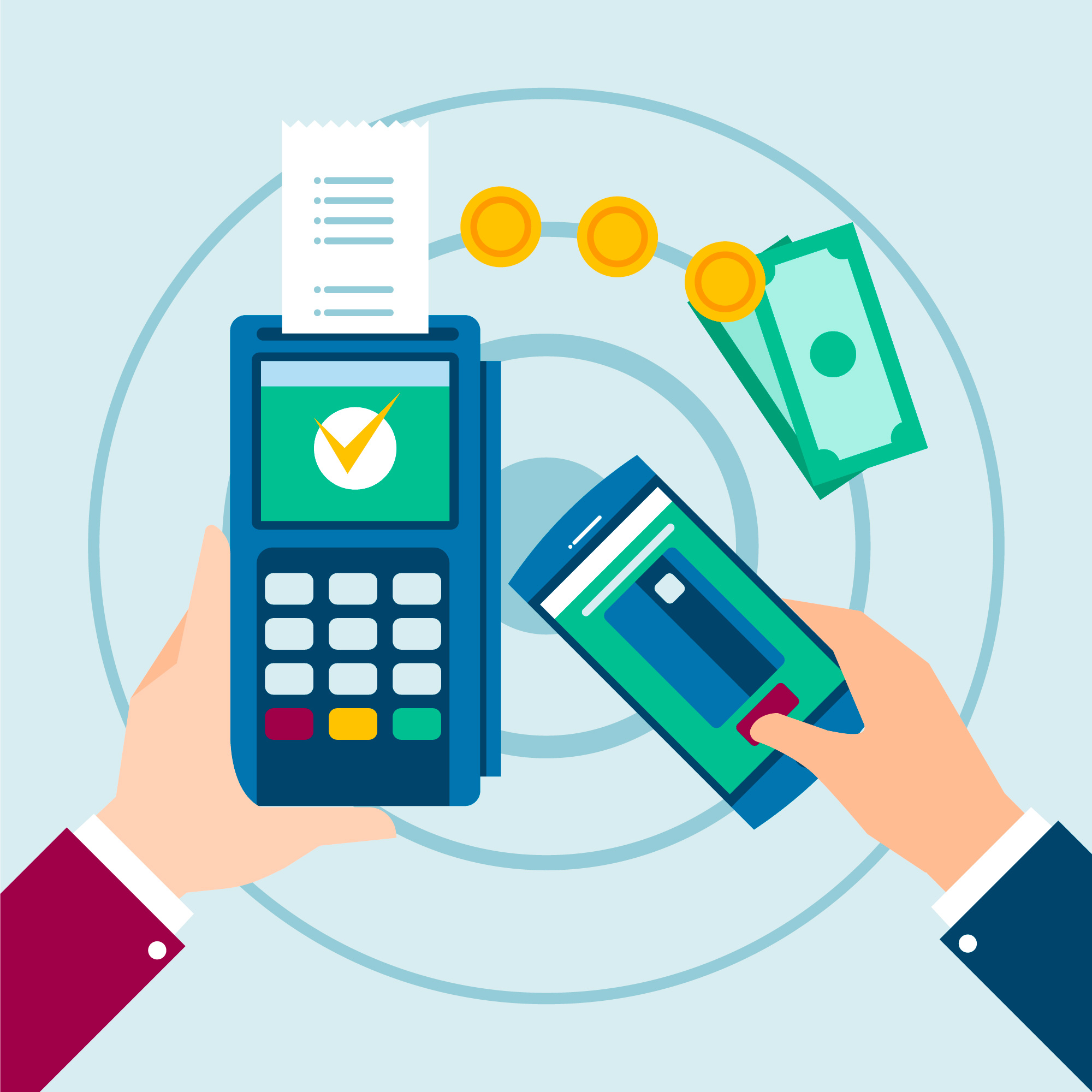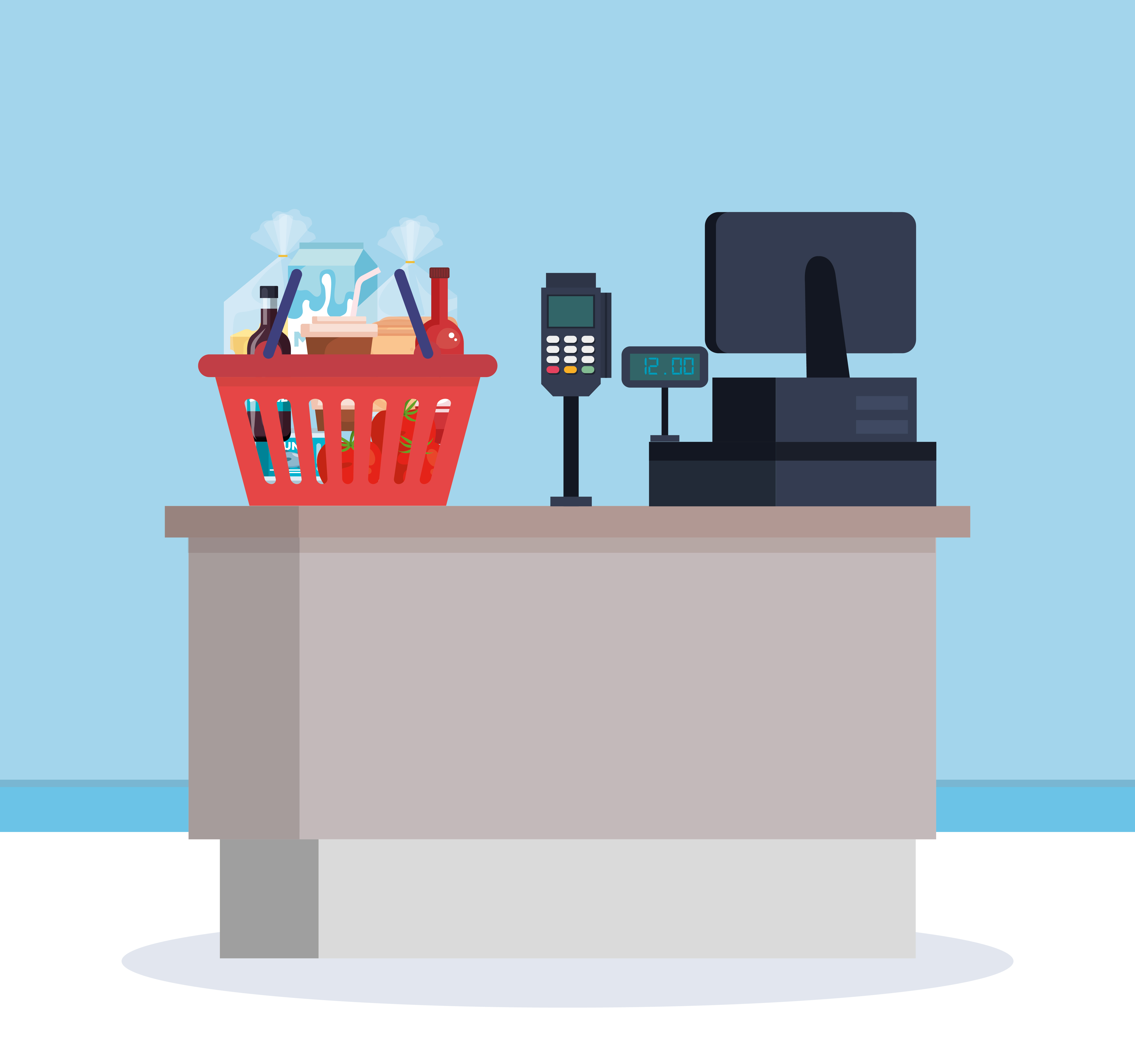At a time when sustainability is at the forefront of the global consciousness, companies are looking for innovative solutions to significantly reduce environmental impact. The restaurant industry, known for its heavy use and waste, is no exception. As technology continues to revolutionize industries, restaurant billing software is emerging as an important tool for encouraging environmentally friendly practices.
Traditional paper-based payment systems not only contribute to deforestation but also create a lot of waste. Every day, restaurants print receipts, bills, and invoices in large quantities, wasting natural resources and accumulating unnecessary paperwork. However, digital payment software integration provides a more sustainable alternative by drastically reducing the use of paper.
One of the main benefits of restaurant billing software is its ability to streamline operations and reduce paperwork. With a digital payment system, transactions are processed electronically, eliminating the need for receipts and invoices. Customers have the option of receiving digital copies of their bills via email or text message, reducing reliance on printed forms. Additionally, employees can access communication records and generate reports digitally, reducing the need for paper-based documentation.
A restaurant billing software facilitates inventory management and resource efficiency, contributing to sustainability efforts. By automating inventory management and purchasing, facilities can reduce food waste and ensure the efficient use of raw materials. Real-time data analytics delivered by billing software allows restaurants to spot trends in customer preferences and adjust their menus accordingly, reducing the likelihood of food overruns or destroying them.
The digital payment systems provide opportunities for energy savings and cost savings. Unlike traditional cash registers and many receipt printers, payment software works on energy-efficient devices such as tablets or computers. By switching to digital payment solutions, restaurants can reduce energy consumption and reduce carbon footprint.
Additionally, the restaurant billing software supports environmentally friendly payment methods such as e-commerce and mobile payments. By encouraging consumers to opt for digital payment options, businesses can further reduce the use of paper money and receipts, creating a more sustainable payment system that encourages regular presence.
In conclusion, restaurant billing software plays an important role in achieving sustainable growth in the digital age. By transitioning from paper payment systems to digital solutions, restaurants can reduce paper waste, streamline operations, increase resource efficiency, and reduce energy consumption, the adoption of less eco-friendly practices not only benefits the environment but also cost-effective operations, It also contributes to efficient, leading to solutions they win for jobs and the planet. Choose BillChampPOS, as a sustainable and viable option towards an eco-friendly and greener hospitality and culinary industry.







